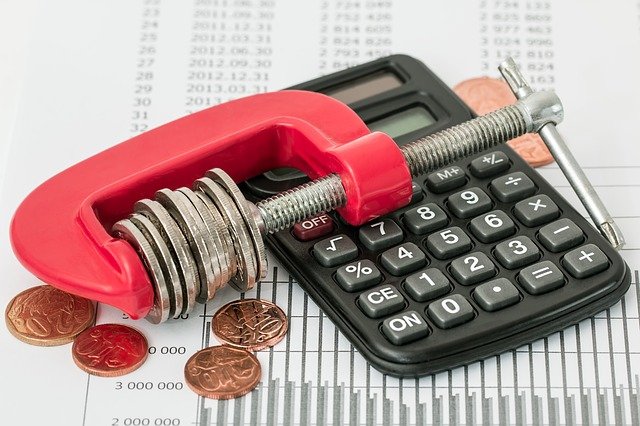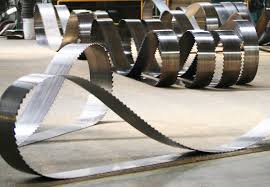Finance
The Basics of Debt Consolidation
Getting out of debt can feel impossible. Interest payments keep adding up, and you might have to spend more each month than you can pay. If you are struggling to pay down your debt, there are some strategies you can follow that will alleviate the process. One of these strategies is debt consolidation.
Debt does not have to be overwhelming. If you have a plan and stick to it, you can start moving in the right direction. Read this article to decide if debt consolidation can improve your situation and decrease your debt.
Why Consolidate Your Debt?
You can consolidate debt by combining the various credit card, loans and medical payments into one lump sum. Ideally, you will pay a lower interest rate, but that does not mean your monthly payments will be lower. However, combining your debt into one payment can be a powerful method of reducing debt faster and with less overall cost.
Take Out a Loan
If you have significant debt that you can’t get ahead of, a debt consolidation loan might help you pay it down faster. The interest rate you pay will depend on your credit history, but with a decent credit score, you can usually find lower rates than many credit cards. Do your research and read testimonials like MaxLend reviews. Even if you can’t get a significantly lower rate, you can save a lot of money in the long run. Sometimes it is advantageous to take out a loan even if the interest is the same as your existing debt. You might prefer making one large monthly payment to several smaller amounts.
Apply for a Promotional Credit Card
Many credit cards have a 0% interest for a certain period. Transferring your debt to these cards can be the easiest way to save on interest and get out of debt faster. However, be aware of transfer fees, which can cost more than the money you save on interest. If you can’t pay the card off before your introductory interest rate ends, it still might be beneficial to transfer your debt if your current credit card has a higher APR.
Borrow From Your Savings
You can essentially borrow from yourself by leveraging your 401(k) account. This is a good way to pay off loans quickly with relatively lower interest rates. It also does not affect your credit score because no credit check is required. However, you will lose the effect of compounding interest by borrowing from your 401(k), and you may be subject to penalties if you cannot pay the amount back.
Leverage Your House
If you’ve paid off a significant portion of your house, you may be able to draw on its equity with a home equity loan. Home equity loans usually have lower interest rates, but you pose the danger of losing your home if you cannot pay the loan back. Consider this option very carefully before using it.
Your financial health is essential. If left unchecked, debt can be an enormous burden on your finances and personal life. Look into these strategies to get out of debt faster and live a stress-free life.







